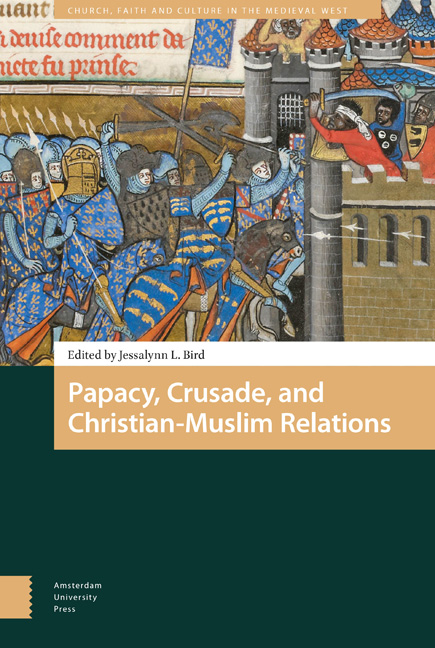11 - Tribute, Islamic Law, and Diplomacy: the Legal Background to the Tunis Crusade of 1270
Published online by Cambridge University Press: 22 December 2020
Summary
Abstract
Tributary relationships between Christian and Muslim states were a regular feature of medieval Mediterranean diplomacy. At first glance, these relationships would seem to challenge premodern Islamic legal theories of inter-religious relations, which were predicated on strict notions of separation and superiority. A closer examination of classical and medieval Islamic jurisprudence on paying tribute to nonbelievers, however, suggests that jurists were less rigid in this matter than the delineation of such dichotomies would suggest. This flexibility, in turn, allowed rulers such as the emir of Tunis Abu ʿAbd-Allah al-Mustansir to act pragmatically in times of crisis. Without violating the legal norms of his day, the emir agreed to pay tribute to secure the withdrawal of the last crusade of King Louis IX of France in 1270.
Keywords: tribute; Islamic law; diplomacy; crusade; Tunis; King Louis IX of France
For many legal scholars of the formative age of Islamic jurisprudence (eighth to twelfth centuries), tribute was a crucial element in relations with the non-Muslim world. As they looked back on the conquest period, these jurists saw how some settled communities of non-believers had accepted a subordinate but protected status under the new Islamic regime in return for annual payments, which were called jizya, or sometimes kharaj. They used the same terms to describe the payments they believed ought to accompany peace treaties which Islamic authorities concluded with non-Muslim powers. They stressed that payment of tribute in either case was no mere financial transaction, but rather an acknowledgement of political subordination to Islamic power.
In this crucial period of legal development, Muslim states were usually the subordinators, Christian powers the subordinated. This dynamic began to shift with the growth of European commerce and European expansion into the Mediterranean in the eleventh century. The change was particularly dramatic in North Africa, where European demands for tribute grew increasingly shrill from the thirteenth century onward. The main actors here were the Hafsid dynasty of Tunisia, which presided over a prosperous regional economy centred on Tunis, and its neighbours to the north: Sicily, and, further west, the Crown of Aragon, home to a vibrant Catalan commercial sphere.
- Type
- Chapter
- Information
- Papacy, Crusade, and Christian-Muslim Relations , pp. 225 - 246Publisher: Amsterdam University PressPrint publication year: 2018



